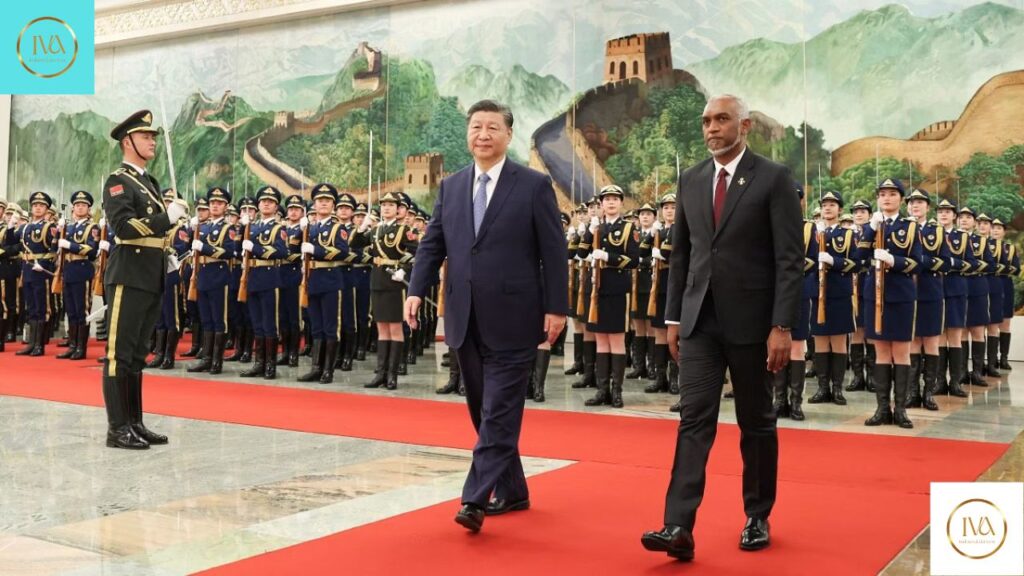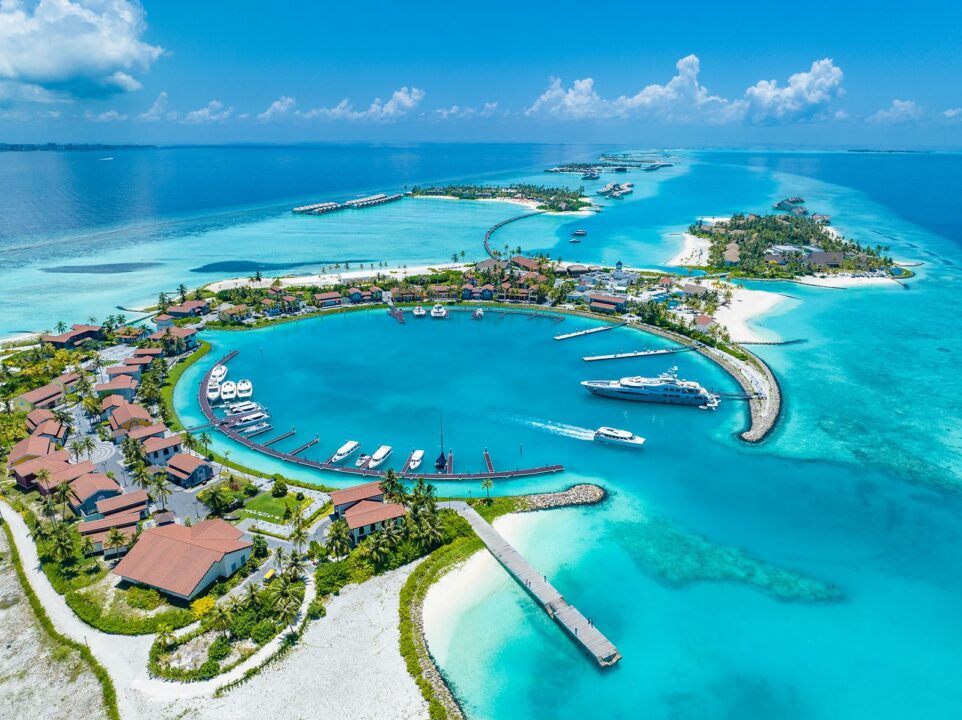Gain insights into the Maldives foreign debt crisis fueled by extensive borrowing from China. Explore the implications and strategies to mitigate risks.

Understanding the Maldives Debt Distress Situation
The strategically-placed Indian Ocean nation of the Maldives has recently come under the spotlight due to its escalating foreign debt crisis, primarily fueled by extensive borrowing from China and a notable shift in allegiance from India. On February 7, the International Monetary Fund (IMF) issued a stark warning, emphasizing the imminent risk of “debt distress” looming over the Maldives.
The Impact of Pro-China Policies
Since the ascent of President Mohamed Muizzu, who has shown pro-China leanings, Beijing has significantly increased its financial support to the Maldives. This surge in funding has been particularly noticeable following President Muizzu’s expression of gratitude towards China for its assistance in development projects during his recent visit to Beijing.
Urgent Need for Policy Adjustment
The IMF’s warning underscores the critical need for immediate policy adjustments to mitigate the escalating crisis. While precise details regarding the extent of the Maldives’ foreign debt remain undisclosed, the IMF has highlighted the pressing necessity for significant policy reforms to address the elevated fiscal deficits and public debt.
Economic Landscape and Tourism

Despite the Maldives’ renowned status for its pristine white sand beaches and thriving tourism sector, the country’s economic recovery from the COVID-19 pandemic has been commendable. However, uncertainties persist regarding the economic outlook, with risks skewed towards the downside, as acknowledged by the IMF.
Historical Debt Burden and Military Strengthening
Former President Abdulla Yameen’s tenure, marked by extensive borrowing from Beijing for infrastructural projects, has contributed significantly to the country’s current debt burden. With a substantial portion of the foreign debt owed to China, the Maldives faces mounting pressure to navigate its financial obligations.
In response to evolving geopolitical dynamics, President Muizzu has articulated plans to bolster the nation’s military capabilities to safeguard its expansive maritime territory, further underscoring the strategic significance of the Maldives.
Global maritime trade routes traversing the Maldives’ chain of coral islands underscore its pivotal role in international commerce, amplifying the urgency for proactive measures to address the burgeoning debt crisis.
Conclusion
The Maldives stands at a critical juncture, grappling with the ramifications of its substantial foreign debt and geopolitical realignments. As stakeholders navigate the complex terrain of economic policy and strategic imperatives, concerted efforts are imperative to mitigate the risks associated with debt distress and uphold the nation’s economic resilience.